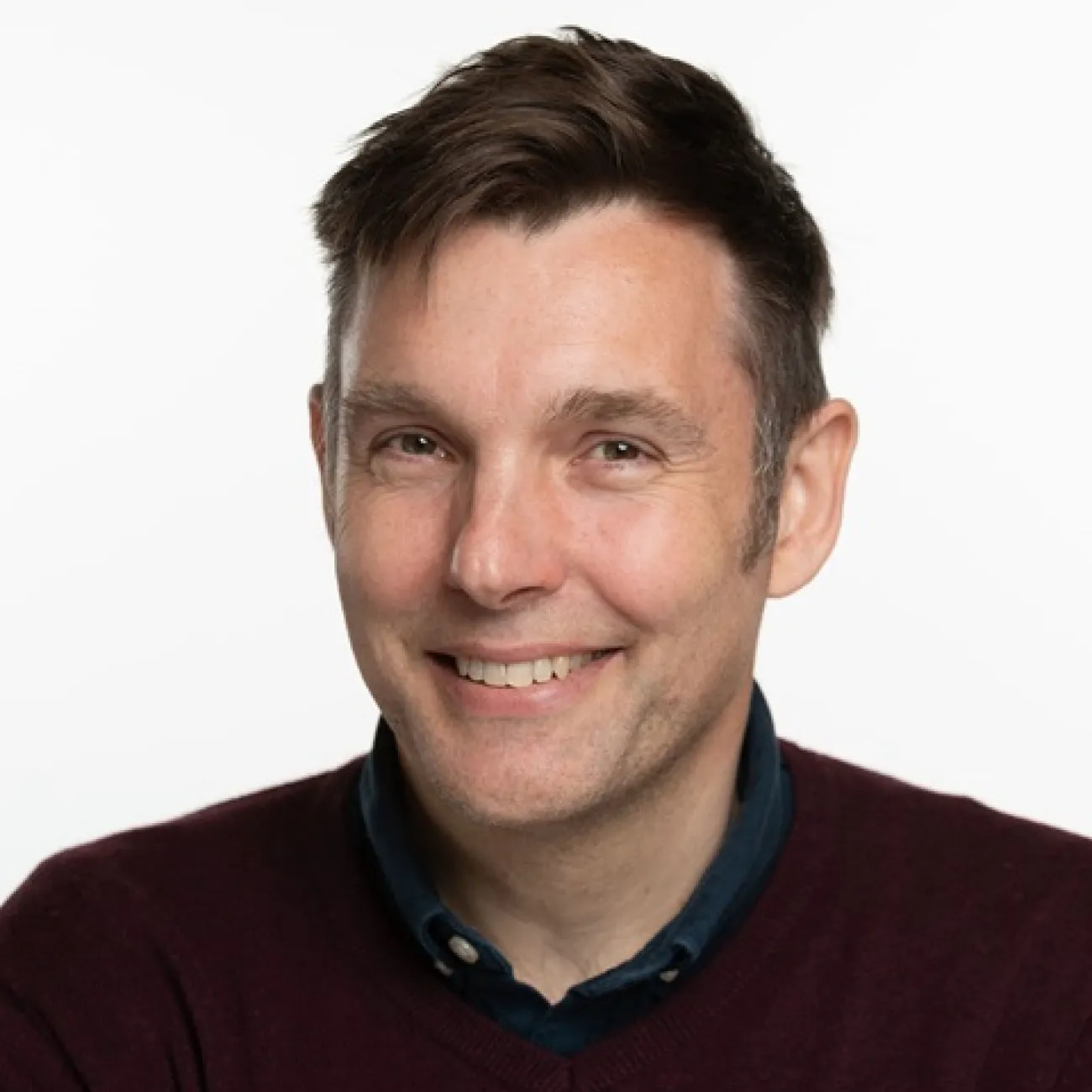Prof. Matt Mowlem completed an M.Eng. (Aeronautics and Astronautics, University of Southampton) in 1996 followed by sabbaticals as Events Manager and President of the Students' Union before gaining experience in industrial manufacture and entrepreneurial roles in composite materials for aeronautics and bicycles.
He received his ESA sponsored Ph.D in 2002 from the University of Southampton Optoelectronics Research Centre and Engineering Materials.
During his PhD and working under Prof. Dakin (ORC) as part of a LINK (DTI) funded project he completed his first oceanographic technology research expedition aboard The Royal Research Ship Charles Darwin (CD121, April-May 2000) which ultimately led to his employment at the then Southampton Oceanography Centre in 2002.
He progressed from Research (2002-2006); Senior Research (2006-2010); to Principal Research (2010-11) Fellow, developing from scratch the “sensors development group” (25 staff, 10 PhD) with grant capture ~£9M for the group with further funding for collaborators in the UK and internationally.
He was head of the Ocean Technology and Engineering Group (OTEG) for the then recently formed National Oceanography Centre (NOC, 2011-2020, 43 staff, 15 PhD students, dual site, Southampton and Liverpool).
Matt has always worked closely with colleagues in the University of Southampton and in 2015 he was awarded an honorary Professorship at the University of Southampton (School of Ocean and Earth Science).
In 2019 he founded the startup now known as ClearWater Sensors Ltd. which commercialises rugged submersible chemical sensors using lab on chip technology under license using IP he and colleagues developed at the National Oceanography Centre and the University of Southampton. He is currently the Director and CTO of ClearWater Sensors Ltd.
Current projects including MISSION (EPSRC) and Aquabiosens (EU).
Matt has supervised 29 PhD, 2 EngD and 56 Masters project students to graduation.
He has published over 125 journal articles, holds six granted patents, has H index of 34, and has lifetime institutional grant capture >£36M.
He was the coordinator of the EU project TechOceanS.
